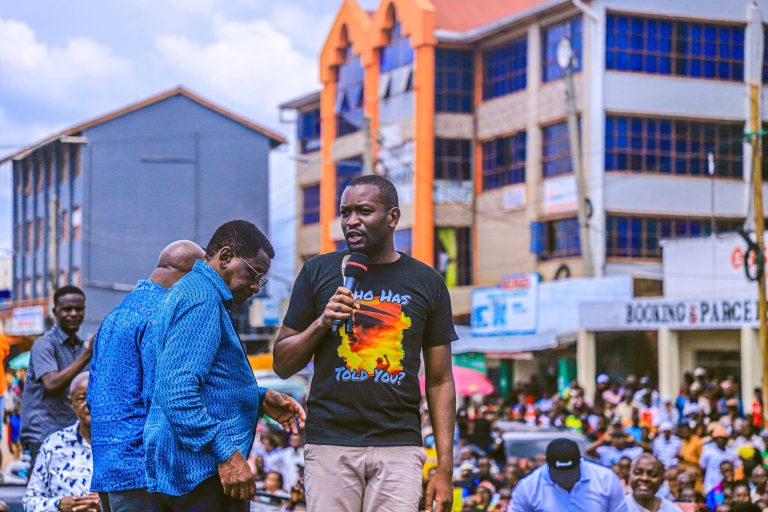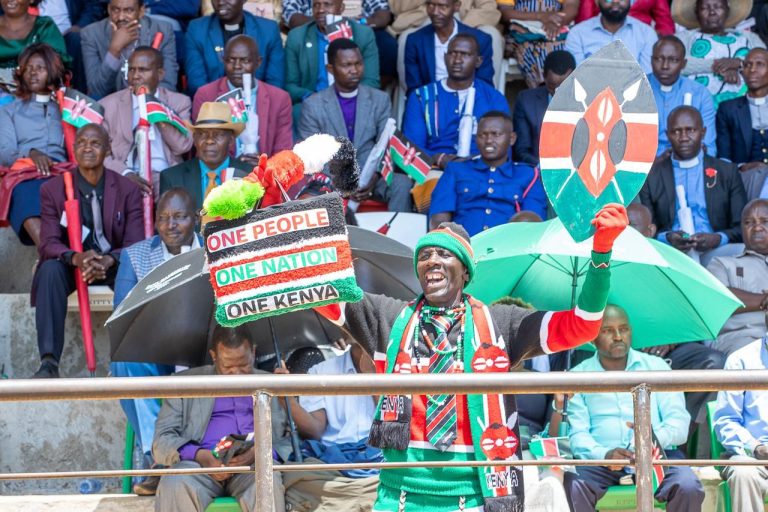- Tinubu seeks $2.35bn from global markets and $500mn Sukuk
- Move contradicts earlier claim that Nigeria stopped borrowing
LAGOS, NIGERIA – President Bola Tinubu asked Nigeria’s National Assembly to approve new external borrowings totalling $2.347bn from the international capital market, along with an additional $500mn through a Sukuk bond for infrastructure financing.
The loans, according to the president’s letter to the Speaker of Parliament, Abbas Tajudeen, are meant to fund the 2025 budget deficit and refinance maturing Eurobonds worth $1.118 billion that Nigeria issued in 2018 and which come due on November 21, 2025.
“The plan is to refinance the maturing Eurobonds through issuance of Eurobonds, bridge finance facility, loan syndication, or direct borrowing from international financial institutions,” Tinubu said in the letter.
He explained that Nigeria would raise a total of $2.347 billion – consisting of $1.229 billion in new borrowing and the refinancing of the maturing bond. The Ministry of Finance and the Debt Management Office (DMO) are expected to collaborate to secure the most favourable terms.
Refinancing amid rising debt
Tinubu said the borrowing plan aligns with deficit-funding provisions in the 2025 budget and the need to refinance the Eurobond. The $1.118 billion bond, issued at a 7.625% coupon rate, closed trading at a yield of 5.781% on October 7, according to DMO data. Nigeria also has another $1.5 billion Eurobond maturing in November 2027, issued at 6.5%.
Nigeria’s total public debt stood at $97.24 billion (₦149.39 trillion) as of March 2025, comprising $45.98 billion external and $51.26 billion domestic debt. In March 2023, the total was $108.3 billion, indicating a slight reduction after currency adjustments.
However, analysts warn that continued borrowing could erode confidence in Tinubu’s earlier assertions about fiscal stability.
Critics call move a “contradiction”
Tinubu’s loan request has raised eyebrows among economists who recall his September 2 declaration that Nigeria was no longer borrowing.
“Today I can stand here before you to brag: Nigeria is not borrowing. We have met our revenue target for the year and we met it in August,” Tinubu said then at a meeting with ruling party leaders in Abuja, crediting his administration’s non-oil revenue drive.
Dr. Eze Anoke Eze, an associate professor of economics at Nnamdi Azikiwe University, called the latest request “a contradiction.”
“If the government had met its revenue target by August, what it means is that we should be expecting a budget surplus by now,” he told Allen Dreyfus in an interview.
He also questioned the government’s planning around debt servicing: “When the government drew up the budget, did it not capture the bond maturity in it? Did officials not know the bonds would mature next month?”
Tinubu also asked for approval to issue $500 million sovereign Sukuk bonds on international markets to fund road projects – an expansion of Nigeria’s existing Sukuk programme, launched in 2017 to finance infrastructure through Islamic-compliant instruments.











